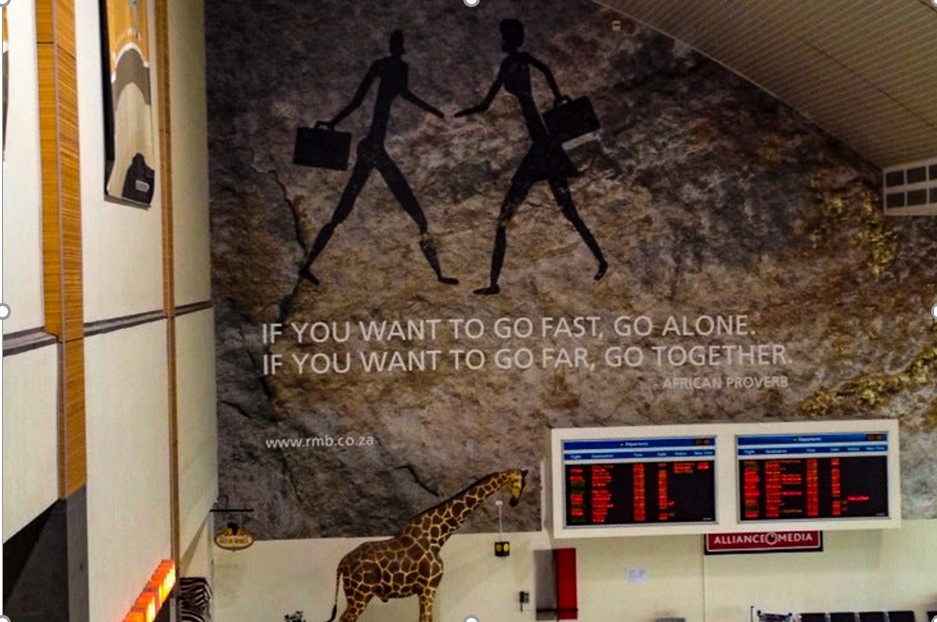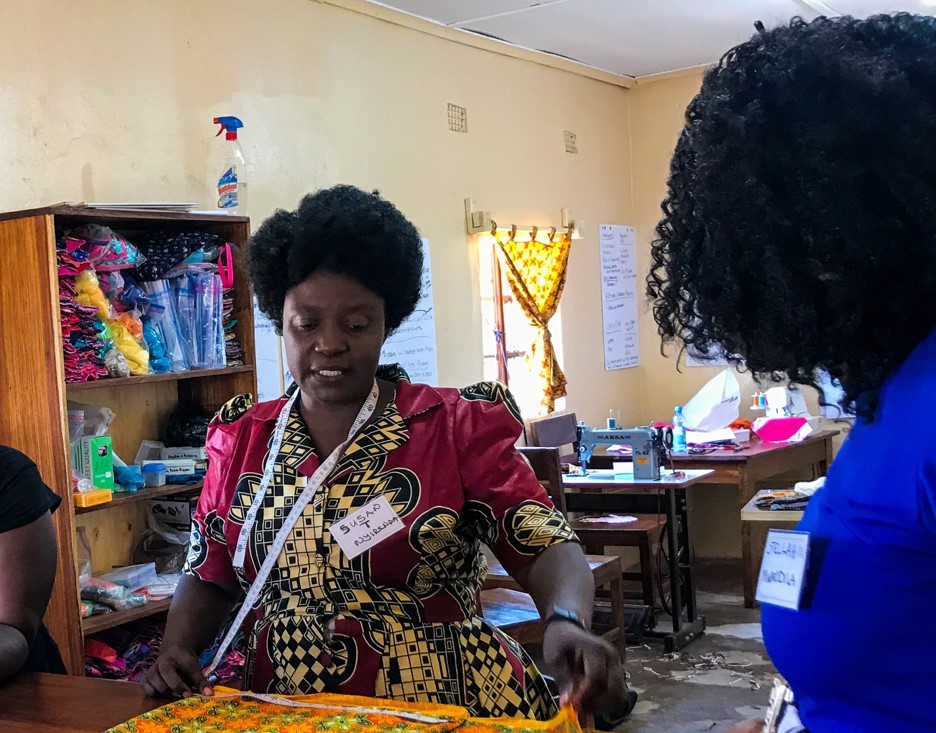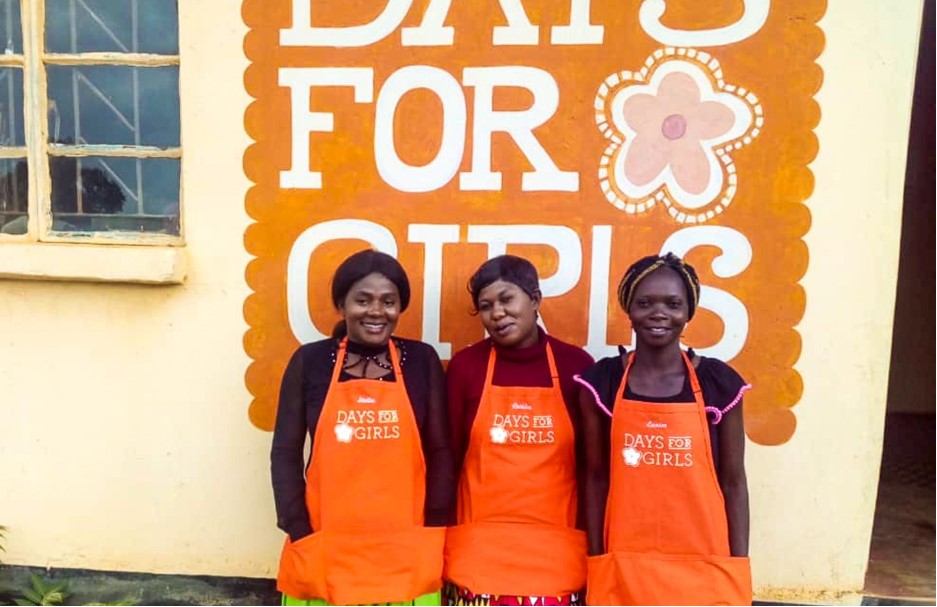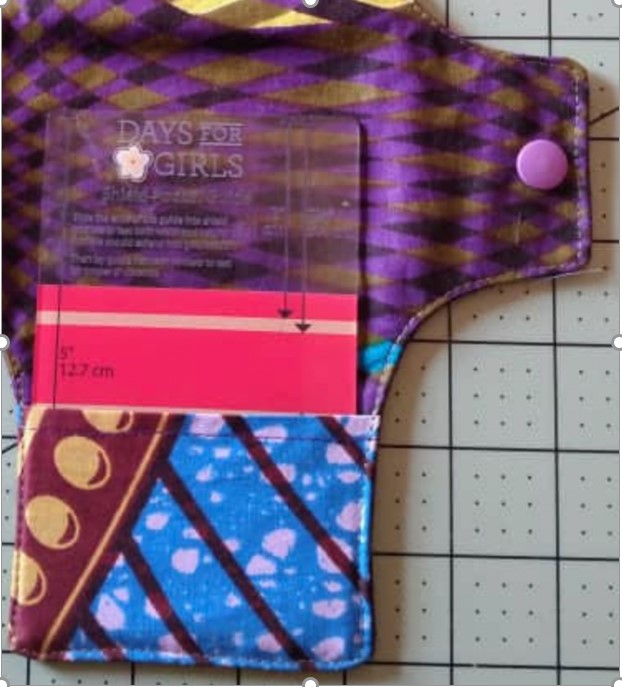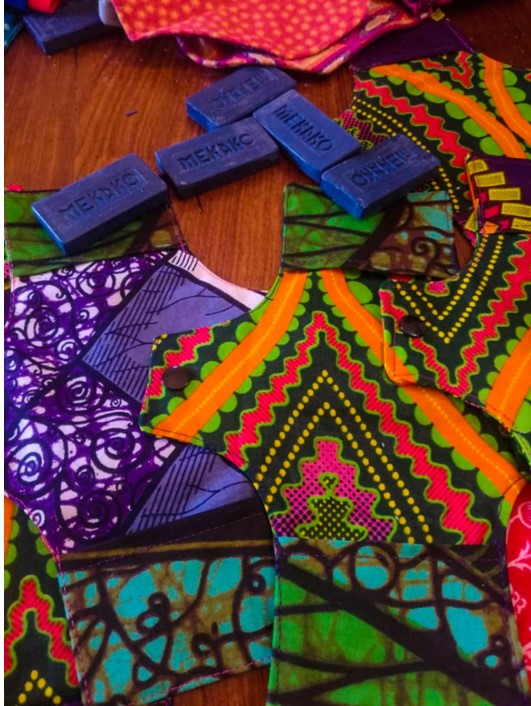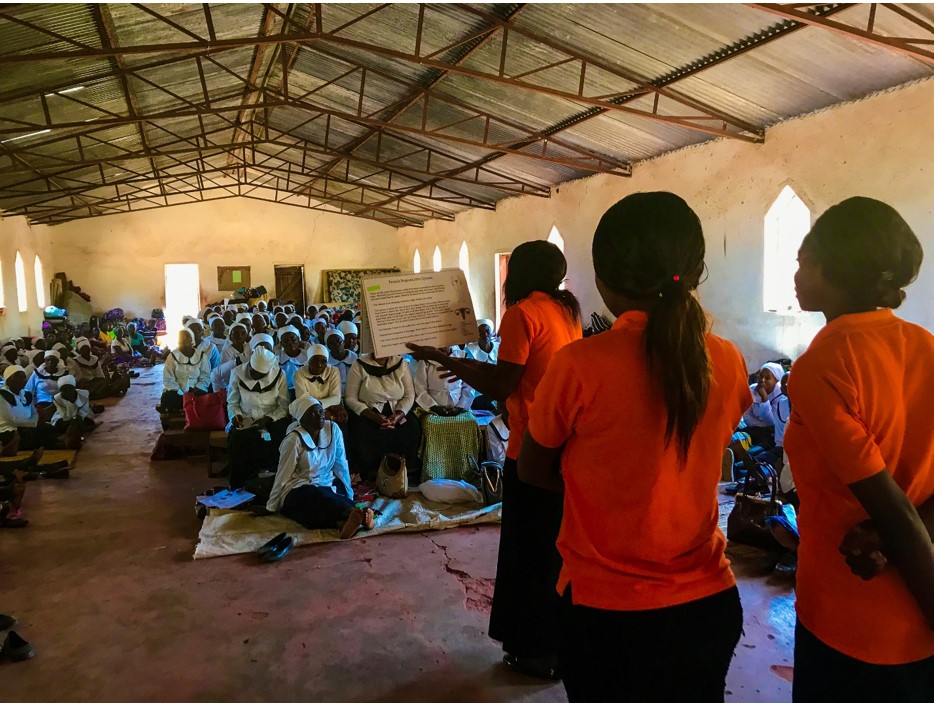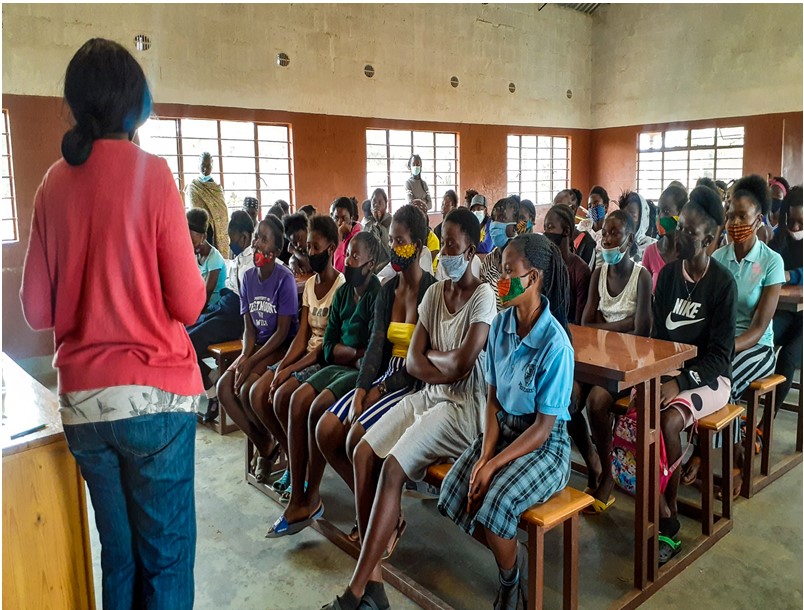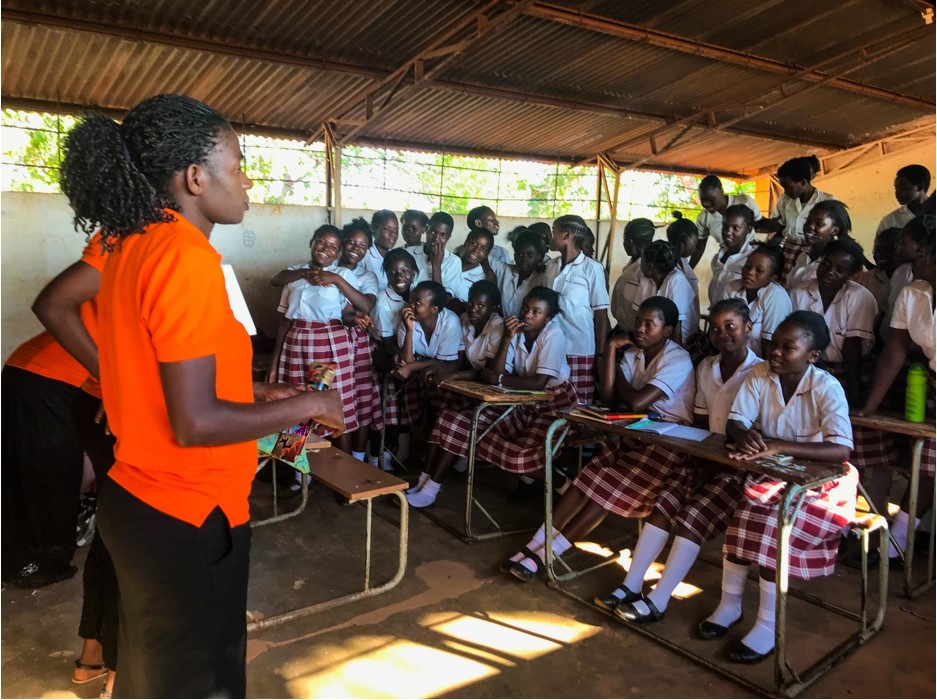A Letter from Melissa Johnson, serving in Zambia
Summer 2021
Write to Melissa Johnson
Individuals: Give to E200534 for Melissa Johnson’s sending and support
Congregations: Give to D507589 for Melissa Johnson’s sending and support
Churches are asked to send donations through your congregation’s normal receiving site (this is usually your presbytery)
Subscribe to my co-worker letters
Dear friends,
The Johannesburg airport was busy. It was the first time we had traveled through this airport, and we weren’t sure where we were going. When we finally found our gate and sat down, I looked up and saw a huge mural painted on the two-story wall in front of me. It said, “If you want to go fast, go alone. If you want to go far, go together.” This was my first exposure to African proverbs and my first trip to the continent of Africa, but this proverb has stayed with me.
Not long after I arrived in Zambia in April 2016, I remember sitting in the food court of the East Park Mall in Lusaka with Rev. Susan Tembo Nyirenda, one of the first female pastors with the Church of Central Africa Presbyterian, Synod of Zambia (CCAP), and she was telling me about her work with the Christian Women’s Guild. She asked me about what led me to Zambia, and I began telling her about my experiences in the Democratic Republic of Congo and my training women to sew washable, reusable feminine hygiene kits. Rev. Nyirenda got excited and said this was something the women of Zambia would be very interested in learning about.
A few months later my friend and language helper, Judith Mhango Mwanza, asked me to help her teach at the Christian Women’s Guild gathering. She was teaching on menstruation and wanted me to tell the women about the feminine hygiene kits. I was surprised at how enthusiastic the women were and while my focus was on talking about young girls, puberty and menstrual health and hygiene, the women asked if they could also be included in these educational programs.
Soon the CCAP Health Department submitted and received grant funding from the Healthy Women, Healthy Families program of the PC(USA) to start a Days for Girls Enterprise in Lundazi. This was in 2016 and this is where that proverb comes in – “If you want to go fast, go alone. If you want to go far, go together.” Nothing about this program has been fast, but together the CCAP Health Department team (Richard Willima, Stella Mwanza, Cecilia Shawa and Eunice Zimba) has traveled far down the road of empowering women and girls through education about menstrual health and hygiene (MHH) and reproductive health.When we started Stella, Cecilia and Eunice didn’t even know how to hold a pair of scissors or cut fabric, but now they are expert seamstresses. They have accomplished a major goal of achieving Days for Girls Enterprise certification and the even more difficult Gold Standard Certification which indicates that the washable, reusable feminine hygiene components they are sewing are almost perfect! While these accomplishments are extraordinary, the road leading here has allowed them to teach hundreds of girls and women about caring for their bodies as well as working toward keeping girls in school. There is another African proverb that speaks to me about this work the CCAP Health Department is doing – “If you educate a man, you educate an individual, but if you educate a woman, you educate a nation.”
Improving access to safe and healthy menstrual hygiene education, materials and facilities helps reduce poverty. A child whose mother can read is 50% more likely to survive past the age of 5. Each extra year of a mother’s schooling reduces the probability of an infant dying by 5–10%. The risk of maternal death is 2.7 times higher among women with little or no education. Countless studies have shown that every year a girl stays in school, her income can increase by 15–25%. An educated woman will invest 90% of her income into her family and is more likely to send her children to school, continuing the legacy of education and helping break the cycle of poverty.
The CCAP Zambia Health Department team is working to educate girls, women and men about MHH and reproductive health to help keep girls in school by reducing the stigma that surrounds menstruation. They also are sustainably producing washable, reusable feminine hygiene kits and making them available and affordable for women in communities across Zambia. The hard work they have put into this long project is now paying off. Now that they are a Gold Certified Enterprise with Days for Girls, they are receiving large orders for kits that are being distributed all across Zambia. In the past few months they have received orders for 866 kits that will help assist 866 girls to stay in school. The girls receiving kits are in a wide geographic area of Zambia – Eastern Province, Copperbelt Province, Central Province and Southern Province
This long journey we have traveled together is paying off two-fold – not only is it helping girls stay in school – but the revenue from these orders is also helping to make the CCAP Health Department become sustainable and has allowed it to begin paying salaries to the team. This income will assist the team to pay school fees for their children, pay medical bills and buy nutritious foods. By addressing MHH in schools and supporting girls’ education, the CCAP Health Department is confronting systems that keep people living in poverty.
Matthew 25 calls us to eradicate systems and structures that keep people and communities poor. Just as there is overwhelming data that educating girls empowers a nation, there is also clear evidence that girls often leave school due to cultural and personal issues related to menstruation. Each one of you through your prayers and financial support are also a part of the team and have contributed to the success of the CCAP Health Department. Walking together we will go farther in empowering girls and women and will help Zambia educate their nation!
Taonga chomene! Thank you!
Melissa
![]() You may freely reuse and distribute this article in its entirety for non-commercial purposes in any medium. Please include author attribution, photography credits, and a link to the original article. This work is licensed under a Creative Commons Attribution-NonCommercial-NoDeratives 4.0 International License.
You may freely reuse and distribute this article in its entirety for non-commercial purposes in any medium. Please include author attribution, photography credits, and a link to the original article. This work is licensed under a Creative Commons Attribution-NonCommercial-NoDeratives 4.0 International License.
